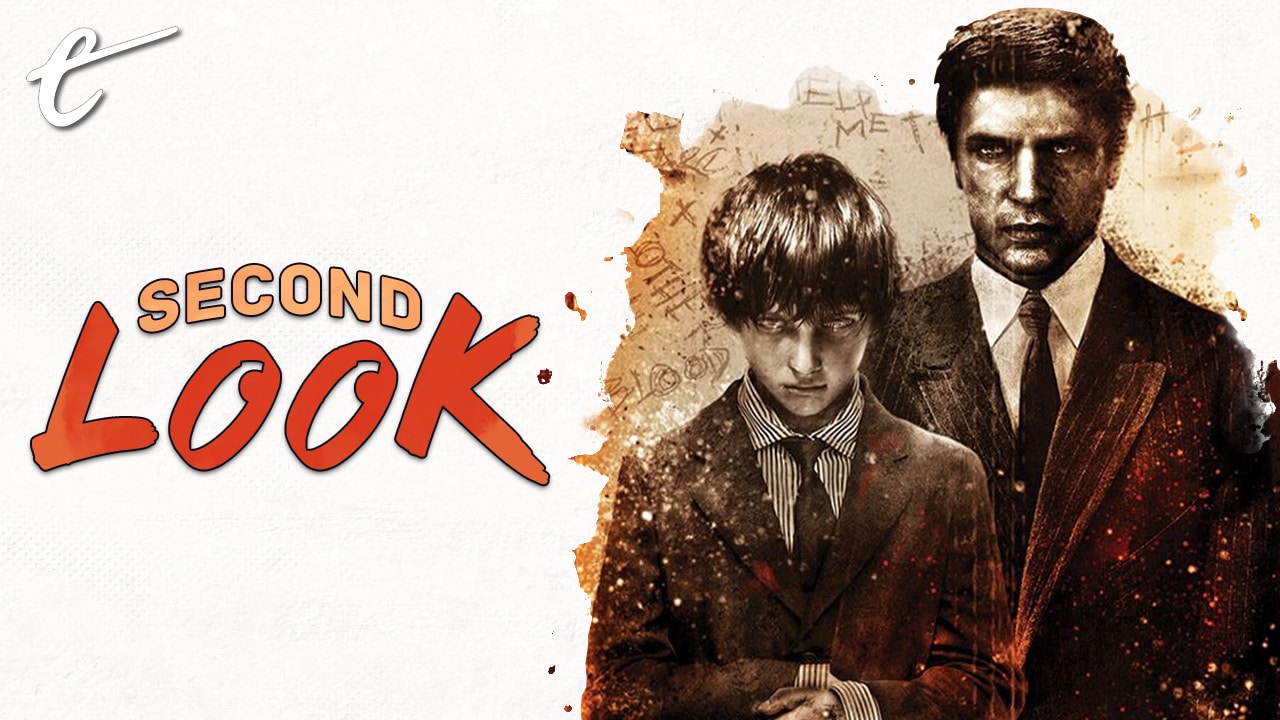

Ones that don't conform to the necessarily repeatable and cyclic gameplay loops of other genres. Because you can simply tell far more kinds of stories. It's why they will never be done away with in video game story telling. Criticizing the mechanic of "making choices" without the narrative context that sets the choice up, or follows as an impact, is pointless.Ĭlick to expand.The fact that the interactions in adventure games are bespoke to the narrative (in most cases) is actually the genre's greatest strength.

It's like saying "games have found much more interesting ways to explore narrative than making choice a vs choice b" "who would want to play a game about making choices?" Well, again, the choice is just a generic mechanic by which the player expresses an idea to the game. Of course it's not, but that level of analysis is missing the crucial part of its design that actually makes the puzzle function: the narrative. Saying an inventory puzzle in abstract is not interesting, is the same as saying changing a state from 0 to 1 isn't interesting.
Zero punctuation gone home free#
An "inventory puzzle" can be using an item on witness testimony to spot a contradiction, and it can be switching grog between disintegrating mugs to free a prisoner, it can also be gathering genetic data from plants to decipher a coded message. The narrative context makes them what they are by shaping how you think about the interaction.
/blackboard_zero_relative_1200-56af912f5f9b58b7d01aa1eb.jpg)
An abridged version of typing sentences from parser games. But that's just because an "inventory puzzle" is a generic way to communicate an idea from the player to the game. Yes, on a mechanical level you're using one thing on another to trigger a state change. And that list isn't beginning to scratch the surface.įor another, this is a very limp and lacking critique of "inventory puzzles." Breaking down the raw mechanics of this style of puzzle without including the narrative context that undergirds their design is completely missing the point. Not to mention the entire host of indie titles with innovative ideas from the language deciphering in Heaven's Vault, to the social manipulation of Red String's Club, to the procedural story-telling aspects and survival meta of Road 96. Adventure games that focus on choice & consequence have become a big part of the genre and games like Detroit, and Life is Strange have done interesting things with the formula. The Walking Dead was 10 years ago at this point, Quantic Dream's titles even older than that, Westwood's Blade Runner older still. They just stopped being mainstream and became niche (for the most part at least).Ĭlick to expand.For one, it is 2022, and inventory puzzles as the overwhelming standard for adventure games hasn't been the case for quite some time. Point and click adventure games never stopped being good. Papers Please deserves a mention as well. They are graphic-adventures with a lot of dialogue and puzzles after all. The Phoenix Wright games are very similar to those classic point and click adventure games in a lot of ways. and the latest Syberia game wasn't exactly bad either. There are several good and great modern adventure games: People who played that game should know what I mean.Īnyway, I don't agree with the premise of this video in the slightest. There is this one scene in King's Quest V with the yeti. It's totally possible to spend hours aimlessly wandering around without realizing what even happened. I think that's the ultimate punishment for a game: Doing something out of script because it seems logical to you and then as a punishment the game loops endlessly without the possibility to progress. And no, the games won't tell you about it. If you did something wrong, you can't progress. Click to expand.what.? Sir, have you ever played a Sierra game? One of their prime features were so called "gamebreakers".


 0 kommentar(er)
0 kommentar(er)
